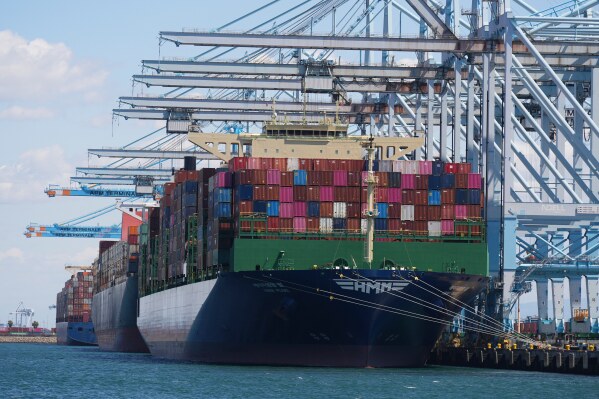At a key meeting of the International Maritime Organization in London, delegates gathered to vote on the first global carbon fee for shipping emissions. However, the United States, led by President Trump’s administration, strongly opposed the proposal. As a result, the decision was delayed for another year. The delay followed tense negotiations, heated debates, and fears of trade retaliation from powerful nations.
What the Proposed Fee Would Do
The proposed measure, called the “Net Zero Framework,” sought to place a global fee on carbon emissions from ships that exceed specific limits. Ships using heavy fuels would pay charges based on their pollution levels, while cleaner vessels would earn credits. The framework aimed to raise billions to fund green shipping technologies, assist developing countries, and accelerate the transition to cleaner fuel sources. Because shipping accounts for around 3 percent of global greenhouse gas emissions, many countries saw this as a vital step toward meeting global climate goals.
Why the U.S. Opposed It
The United States argued that the fee would unfairly increase shipping costs, harm trade competitiveness, and act as a global tax on its economy. Officials also claimed the plan lacked proper oversight and transparency. Consequently, the U.S., alongside Saudi Arabia and several allies, applied diplomatic pressure to prevent the measure from passing. This push convinced more than half of the member states to support a postponement. Furthermore, U.S. representatives warned that adopting the fee prematurely could disrupt supply chains and spark retaliatory trade measures.
Reactions and Consequences
Many nations that supported the carbon fee expressed deep frustration. Environmental organizations said the delay represents a major setback for global climate cooperation. They emphasized that every year of inaction worsens the planet’s climate crisis and undermines progress toward emission reduction targets.
At the same time, some industry leaders welcomed the delay, explaining that a rushed decision might have caused market instability. Developing nations also voiced concern, fearing that they might lose access to the funds meant to help them modernize their shipping fleets. Still, several European and Pacific Island nations promised to keep pushing for the policy, stressing that decisive action is necessary to protect both trade and the environment.
What Happens Next
The IMO plans to revisit the proposal at its next annual meeting. In the meantime, many countries intend to develop regional carbon pricing systems to encourage cleaner shipping practices. Private shipping companies are also exploring voluntary carbon offset programs and cleaner vessel designs. These steps could ease the transition ahead of a global framework.
Conclusion
By opposing the global carbon fee, the U.S. effectively delayed one of the most ambitious climate efforts in maritime history. The move highlights the ongoing divide between economic and environmental priorities. In the coming year, global leaders will need to find middle ground that protects both trade interests and the planet’s future. For now, the world must wait to see whether diplomacy can deliver real progress toward sustainable shipping.
Bonus Read: U.S. Moves to Double Aid to Argentina to $40 Billion via Private Sector




https://shorturl.fm/nHjTn